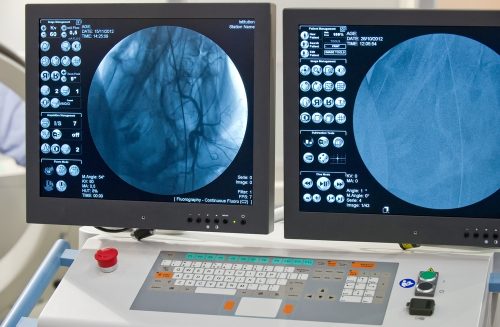Fetal MRI is used as an addition to ultrasound-based safety measures during pregnancy monitoring. This examination is performed from the 14th week of pregnancy, but there are some diagnoses in fetal brain diagnosis that can only be performed from the 25th week of pregnancy. The examination is a tool that provides important information to parents about the issue of continuing or discontinuing a pregnancy following a birth defect.
In which cases should a fetal MRI examination be performed?
In cases of suspected defect arising from an ultrasound examination. An MRI can diagnose the defect and the reasons for its appearance in more detail and refer the mother to the appropriate specific treatment.
Identification of defects such as fluid accumulation in the brain (hydrocephalus) or abnormal brain tissue.
How should one prepare for a fetal MRI?
- Fasting – It is important to check for the requirements of the institution where the examination will be performed, prior to the examination. Some institutions instruct to fast a few hours prior to the examination, while others do not instruct to do so.
- Clothing – Do not wear clothes with metal parts, and any metal jewelry found on the body should be removed, along with hair pins and keys.
- Metals in the body – The medical staff should be informed of metals found in the body, in cases such as a pacemaker, stent that was implanted during catheterization, artificial joint, surgical clip, insulin pump, shrapnel or cochlear implant. Most of these implants do not contain magnetic metals, and therefore will not prevent the performance of the examination, but the medical team must be informed of each of the implants listed above prior to the examination.
- Claustrophobia – Patients who are afraid of a confined spaces may use tranquillizers about an hour prior to the examination, in consultation with a doctor.
- Contrast agents – Occasionally, this examination uses the contrast agent gadolinium. It is a metal contrast agent with magnetic properties that enables a more efficient demonstration of blood vessels and increases the quality of the scan. In contrast to iodine-based contrast agents, gadolinium hardly causes any allergic reactions or side effects. In cases of advanced kidney failure, the use of a contrast agent should be avoided.




